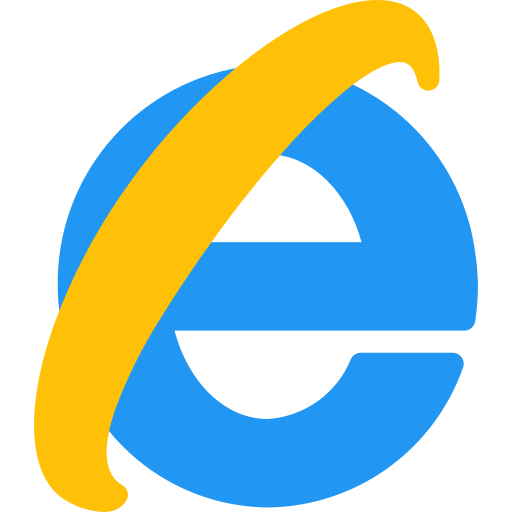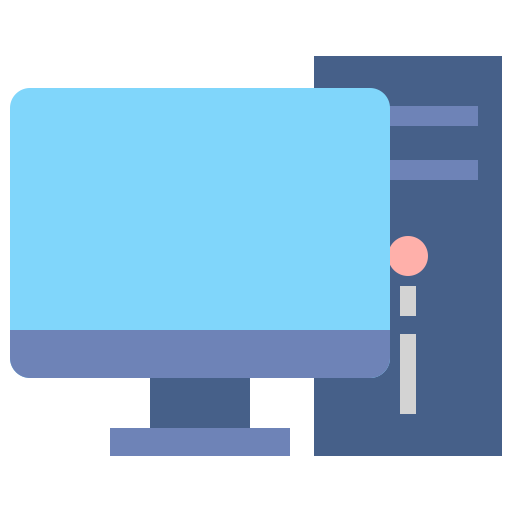
At least a 24RU Data rack to house all your equipment. You will need a network switch with 24 to 48 ports. We like ubiquiti or D Link. One or two ceiling mounted access points for secure Wifi are a must have for all your devices and patient Wi-Fi. Ubiquiti are good for these as well
A secure firewall router for remote access. We like many routers, draytek are a good small business router.
A server. The size really depends on how many workstations are connecting to it. If you are starting small you can convert a high spec PC to a server. This isn’t recommended as you lose out on all the fabulous data and monitoring that an on premise server will give you.
NBN or Fiber is an important question. NBNs stability is increasing, and the major fiber carriers are reducing their fee to compete with the NBN. Both connections can work, have a chat with one of our techs to get more info. If you are using a cloud based server, we would recommend getting a fiber connection to the building.
We are resellers of 3cx and recommend using their system as the most stable and flexible PBX on the market. You have the option to scale as you grow and start out small. 3cx offers great additions like the ability to integrate with your smart phone and video chats with your patients.
Obviously, these are necessary. You don’t need a lot of resources for run your clinical management system smoothly however you don’t want to under spec your PCs!! We like Lenovo workstations.
Look for an i5 or an AMD chip as an entry level workstation. We like all in ones for the reception PC’s as well.
This is a difficult choice to make as there are clear advantages and disadvantages of both a cloud and on-premise solution.
For effectiveness and effciency we recommend a on-premise server to house all of your data. However if you need to scale very quickly and are happy to outsource the physical management of your server then a cloud server approach is more suitable for your requirements.
There are many different options here however there is a clear leader of IT Security for a medical clinc IT network.
Firewall’s are required to manage the security on your network from a network level as opposed to an end point level. With a cisco router you can scan files that enter your network for malicious activity and deny the end user access to that file if it is suspected of malicious activity.
Technology has come a long way in this area of the last ten years. We have nailed the process of effective recovery and disaster planning for your medical clinic.
It is important to understand that you will need a local copy and an offsite copy of your critical data. You will also need to regularly test restore this data to make sure it is viable.
As a medical clinic owner in Melbourne, you are likely well aware of the importance of technology in running and growing your business. From managing patient records and scheduling appointments to communicating with colleagues and partners, technology plays a critical role in the success of your clinic.
At Podium IT, we are a leading provider of IT support services for medical clinics in Melbourne. With our unique approach and expertise in the healthcare industry, we are the right choice for your IT support needs.
One of the key ways that we differ from other IT support providers is our focus on the healthcare industry. We have a deep understanding of the specific IT needs and challenges faced by medical clinics, and we are able to provide tailored solutions that are designed to support the unique requirements of this sector.
In addition to our expertise in the healthcare industry, we are also well-equipped to support your clinic in other areas. For example, we can help you to stay current with the latest cloud trends, providing expert advice and guidance on how to migrate your systems and data to the cloud in a way that is secure, efficient, and cost-effective.
Another key area where we can help is in the realm of cybersecurity. With the increasing threat of cyberattacks, it is more important than ever to ensure that your clinic’s systems and data are secure. At Podium IT, we can audit your clinic to align it with government standards and help you to implement the latest security measures to protect your patients’ information and your clinic’s reputation.
In conclusion, if you own a medical clinic in Melbourne, Podium IT is the right choice for your IT support needs. With our expertise in the healthcare industry and our focus on providing the best possible service, we are dedicated to helping your clinic thrive. Contact us today to learn more about how we can support your business.


Migrate your data to the cloud

Fibre internet allows your business to access cloud services

Business phone systems are important to get right.

We can clean up your old cables in your data rack

Our core service is IT Support Melbourne

We can procure install and maintain all of your hardware

This is critical for a medical clinic. We will test this for your regualrly in the background


A critical component to your network. We can audit your network to make sure you are secure
Setting up the IT network at a medical clinic is an important task that requires careful planning and execution. Whether you are using an on-premises server or a cloud server, there are a few key steps that you will need to follow to ensure that your network is set up properly and is able to support your clinic’s needs.
Identify your clinic’s IT requirements. The first step in setting up your IT network is to identify your clinic’s specific IT requirements. This will involve determining your clinic’s unique needs and challenges, as well as the types of systems and applications that you will need to support.
Choose the right server solution. Once you have identified your clinic’s IT requirements, the next step is to choose the right server solution. This will involve deciding between an on-premises server and a cloud server, and considering factors such as cost, security, and scalability.
Configure your server. Once you have chosen the right server solution, the next step is to configure it to meet your clinic’s specific needs. This will involve installing the necessary hardware and software, as well as configuring settings such as security protocols and access controls.
Set up your network infrastructure. After your server has been configured, the next step is to set up your network infrastructure. This will involve connecting your server to your clinic’s other devices and systems, such as computers, printers, and routers.
Test and troubleshoot your network. Finally, once your network infrastructure is in place, it is important to test it to ensure that it is functioning properly. This will involve running diagnostic tests, troubleshooting any problems that arise, and making any necessary adjustments to ensure that your network is running smoothly.
In conclusion, setting up the IT network at a medical clinic is a complex process that requires careful planning and execution. By following these steps, you can ensure that your network is set up properly and is able to support your clinic’s unique needs and challenges.


HotDoc is Australia's largest and most trusted patient engagement platform with over 21,000 listed doctors and 8 million active patients

HealthLink is a health-system integrator. Our key purpose is to enable medical practices to communicate electronically with the rest of the health system.

We are a leading provider of radiology information systems (RIS), Picture Archiving and Communication Systems (PACS) and advanced visualization solutions across the globe.

Argus is a secure, simple, and reliable electronic messaging service, developed to national standards to enable communication between healthcare providers.
Is your medical clinic considering a migration to Best Practice Software?
Download the checklist to get started below

We’re all about providing simplified and superior technology solutions that exceed our client’s expectations and add value to their business. We’d love the opportunity to meet with you and discuss how we may help you with your IT Support requirements. Please call us on the number listed or fill in the contact sheet and an enthusiastic IT Support team member will be in touch very soon.
Victoria Office:
Office 125, Ground Floor, 470 St Kilda Road Melbourne VIC 3004
QLD Office:
SHOP 15/1 Newspaper Pl, Maroochydore QLD 4558
